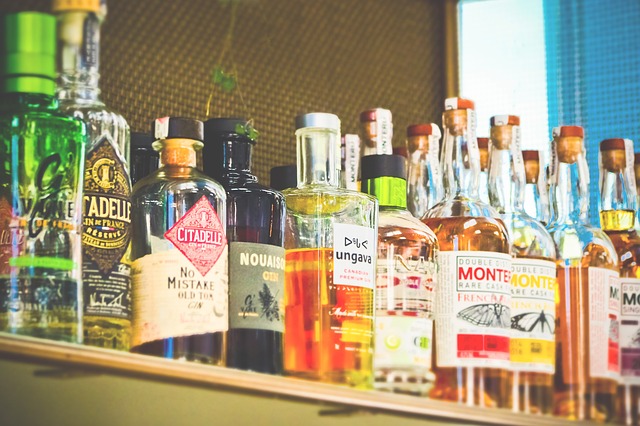
How Can Alcohol Affect Your Brain?
Alcohol affects your thoughts, behavior, and feelings as it disrupts the balance of chemical messengers known as neurotransmitters. After drinking one or two bottles of alcohol you will start feeling relaxed, more confident, and less anxious because it controls the part of your brain that controls inhibition.
However, these effects disappear quickly and are replaced by the chemical changes in your brain which cause negative feelings like depression, anger, or anxiety. Alcohol also reduces the rate at which your brain processes information. This makes it hard to know what you are feeling and the consequences of what you do.
In the long-term, alcohol consumption will use up and reduce the number of neurotransmitters in our brains. Low levels of neurotransmitters can increase the chances of depression and anxiety as the neurotransmitters ward off depression and anxiety. You can start relying on alcohol to relieve these difficult feelings.
How Alcohol Affect a Person’s Body
In the short term, drinking alcohol can cause sleep problems, alcohol poisoning, bloating, an upset stomach, and migraines. These things can lead to behaving recklessly or aggressively, becoming the victim of violence, or having an accident.
Drinking alcohol for many years will negatively affect your body and increase your odds of developing serious health conditions like heart disease, high blood pressure, stroke, cancer, and liver disease. It can also cause social problems like unemployment, relationship break-ups homelessness, and financial difficulties. Physical health problems, housing issues, and debt can harm your mental health.
Alcohol and Anxiety
Even though drinking alcohol can give you a feeling of relaxation especially when you are anxious, this feeling is short-lived. As such, you will have to drink alcohol on a regular basis to feel relaxed and this can lead to alcohol dependence.
You will also realize that a hangover worsens anxiety. Therefore, drinking alcohol is not a good way to reduce anxiety. The good thing is that there are various ways to reduce anxiety and alcohol is not the only solution. These include yoga, meditation, doing things you enjoy, and exercises.
Alcohol and Psychosis
Heavy drinkers or those who drink a lot of alcohol on a regular basis are likely to experience psychosis if they stop drinking alcohol all of a sudden. If you or someone you know is struggling with an alcohol addiction then you might want to consider getting some therapy. Also, it is probably worth noting that therapy is not just limited to alcohol it can also include other addictions like drug addiction, sex addiction therapy, and more.
Alcohol, Suicide, and Self-Harm
When you drink alcohol, you will lose your inhibitions and you will likely act more impulsively. This can cause actions like self-harm or suicide. It can also cause suicidal thoughts and attempts. If you have suicidal feelings, seek help from Samaritans. If you have hurt yourself or think you may act on suicidal thoughts, call 999 or head to A&E.
Seek Help If You Are Worried About Your Drinking
The government discourages drinking more than 14 units a week on a regular basis which is the same as 6 pints of average strength beer or six medium glasses of wine. If you drink 14 units, spread it over 3 or more days. Are you worried about your drinking? If so, worry no more as there is a lot of help out there. The good thing is that you can recover from alcoholism. Seek help as soon as possible.